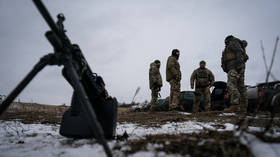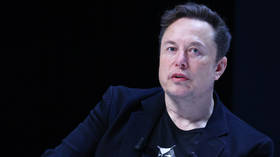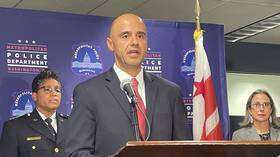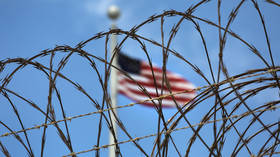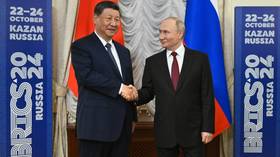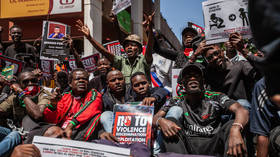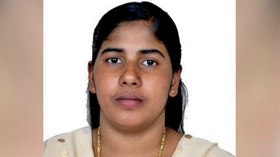Venezuela’s Maduro left alone to deal with protests
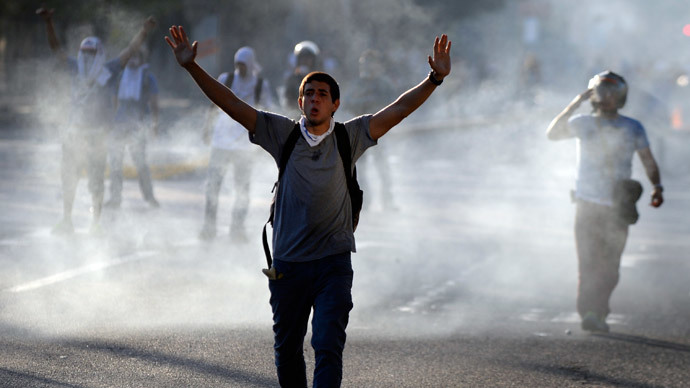
As a wave of protests grips Venezuela, President Nicolas Maduro is suspiciously left without any support for his policies from other Latin American nations.
Days and days of protests. Some are dead. Many others are in jail. Spontaneous street demonstrations are forbidden. Public services shut down. Loads of threats on the media. Opposition politicians under siege. Suspicions of a coup underway. And President Nicolas Maduro, who took office less than a year ago, promising not to step down.
South America’s leftist haven is in shambles – thanks in part to food shortages and inflation of 56 percent last year. But Latin American leaders outside Caracas have mostly kept quiet as neighboring Venezuela gazes into the abyss. They are silent in a way that they probably wouldn’t have been if the man in the Miraflores Palace were Hugo Chavez (1954-2013).
Most of the regional leaders met last year at a regional summit of UNASUR (Union of South American Nations) to defend Maduro’s controversial election. Diplomatic officials in Brasilia, Buenos Aires, or even in rival and conservative Bogota, said it was important for Venezuela to have some political stability after Chavez passed away. Now it is a different game.
After days of quietude, UNASUR published a simple statement to criticize “the attempt to destabilize the democratic order” in Venezuela. The three powerful women of South America, Brazil’s Dilma Rousseff, Argentina’s Cristina Kirchner and Chile’s Michelle Bachelet, said nothing. Bolivia’s Evo Morales, a traditional ally, was a clear exception to the silence.

The most important players in the region have problems of their own to solve. That’s why a meeting on Venezuela isn’t in the plans so far. Argentina is itself in a big problem with inflation and financial markets get jumpy by whatever happens in Buenos Aires. Brazil has its sluggish growth rates and social unrest in the run up to the FIFA World Cup, in June this year.
For the poorest Latin American and Caribbean countries, cheap Venezuelan oil has been a good reason to keep their mouths shut. That situation doesn’t persist exclusively in Cuba, unlike most allies think. Instability in the ‘region’s Saudi Arabia’ would pressure inflation in smaller nations – and that is the same reason why Maduro has dealt with the uprising of students.
Even the defeated opposition candidate Henrique Capriles noticed Maduro’s isolation in the region and had to come out to reject a coup against his rival. The conservative politician would much rather wait for the incumbent to lose ground in the next five years so he can build a proper base to win the next presidential elections and govern.
Silence in the region isn’t exactly support for Maduro, but it allows him to really go after radical opposition members, like Leopoldo Lopez. The leader of a group called Popular Will hasn’t been seen in public since the government issued an arrest warrant against him. The accusation against Lopez isn’t very clear, but regional powers didn’t come out in his defense.
When Chavez was around, he’d rally the region and, by his own standards, force other leaders to embrace his decisions. If they disagreed with the Venezuelan, at least they would say their nation is sovereign and has its own political history to make things happen the way they do. Maduro, otherwise, seems to enjoy his loneliness. Perhaps not for too long.
The statements, views and opinions expressed in this column are solely those of the author and do not necessarily represent those of RT.
The statements, views and opinions expressed in this column are solely those of the author and do not necessarily represent those of RT.



